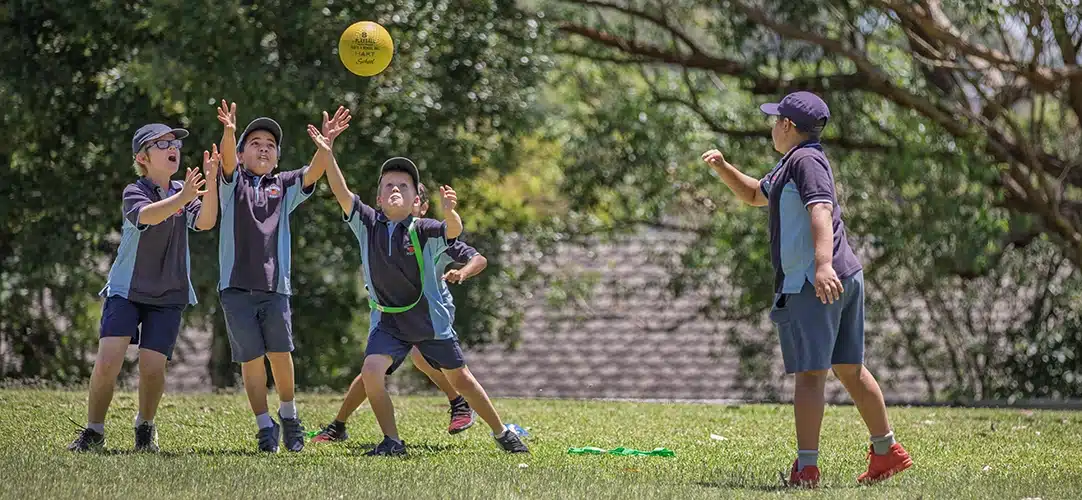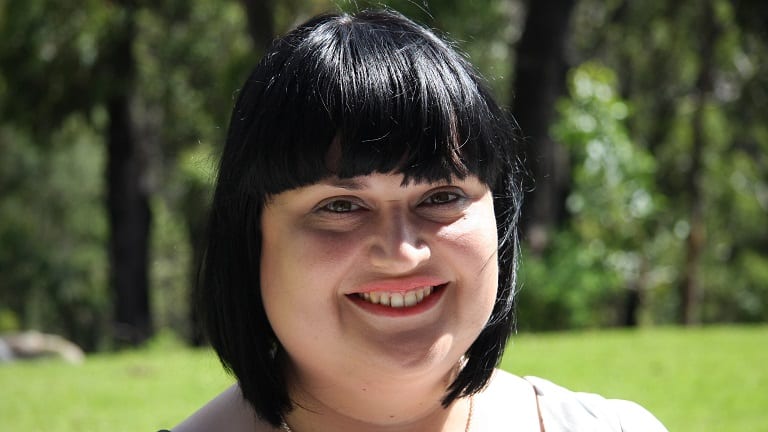The Challenge
In Australia, around three quarters of children and adolescents do meet the recommended 60 minutes of moderate-to-vigorous physical activity each day.
This is compounded by emotional difficulties and mental health challenges being faced by school-aged children, which disproportionally affect First Nations communities.
Active movement is critical to childhood development as well as physical and mental wellbeing. However, the World Health Organization (WHO) has recognised that children and adolescents worldwide are not moving as much as they should.
The Solution
HMRI researcher and University of Newcastle Associate Professor Narelle Eather developed the primary school-based EMU program.
Schools are an ideal setting for mental health promotion and for strengthening students’ capacity to regulate emotions and build resilience.
Participating in sport within schools, especially team sport, can enhance these benefits.
Through a combination of Indigenous games, academic content, and physical education, EMU aims to improve health and well-being among primary school children as well as a creating a program for teachers which incorporates First Nations cultural and history.
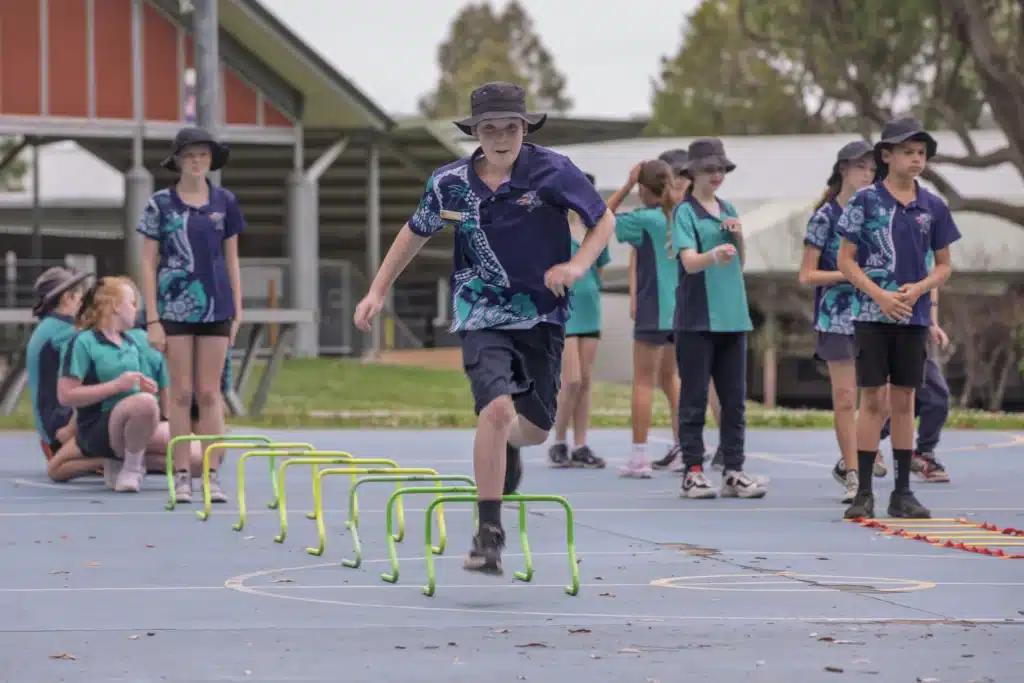
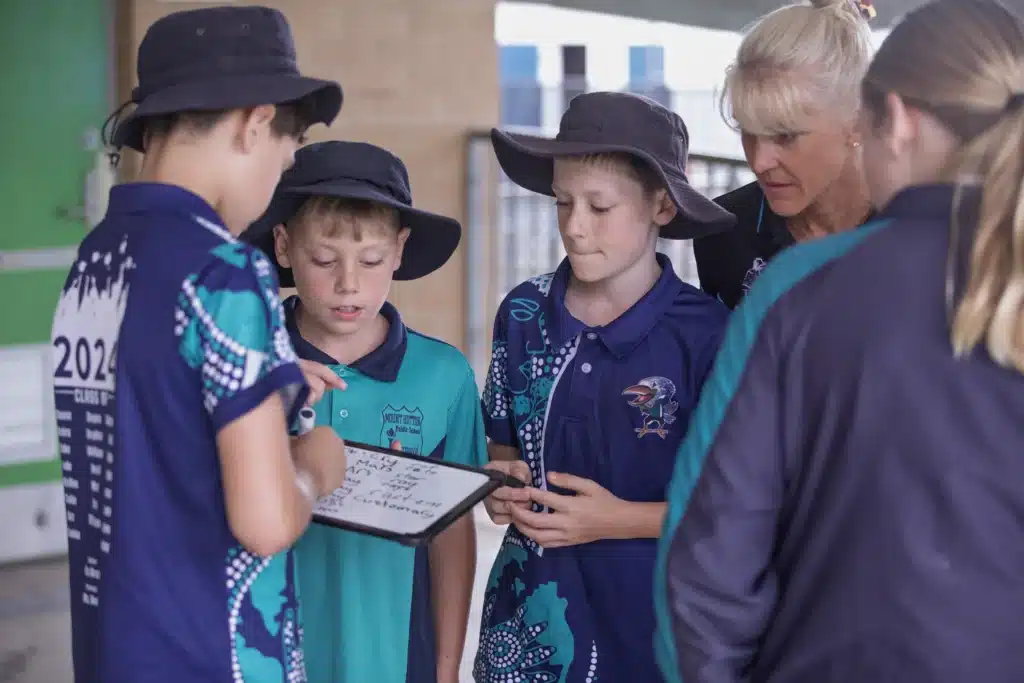
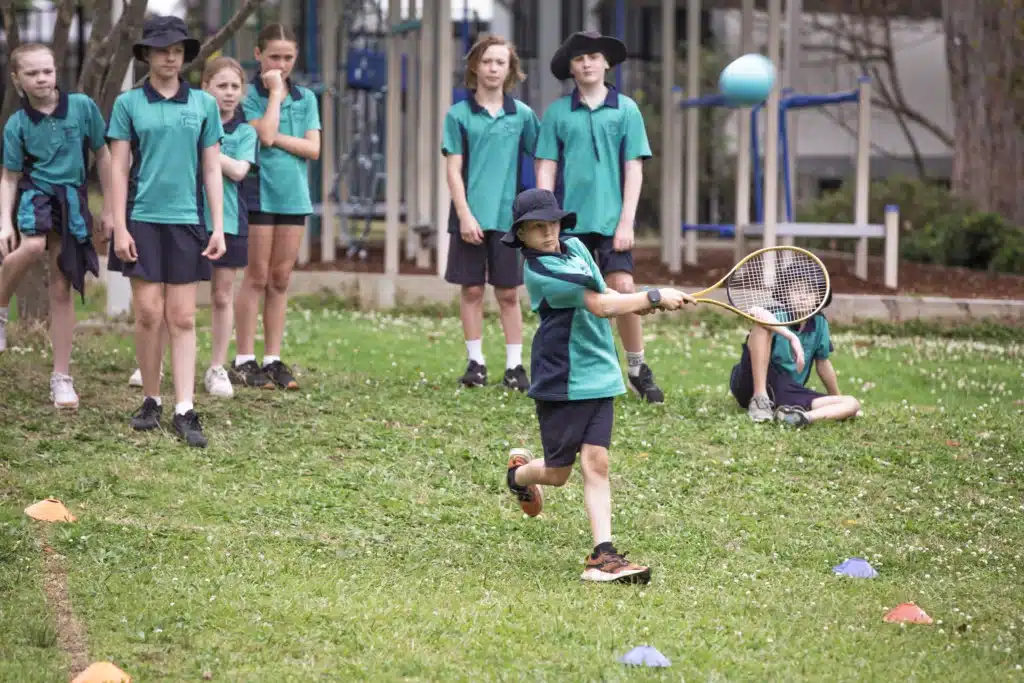
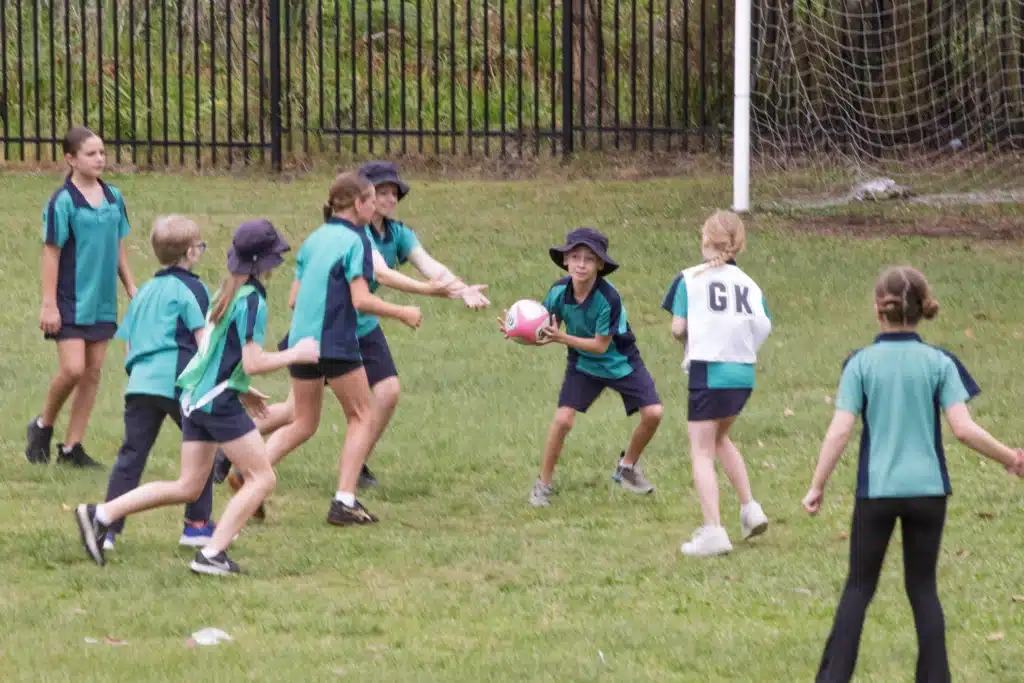
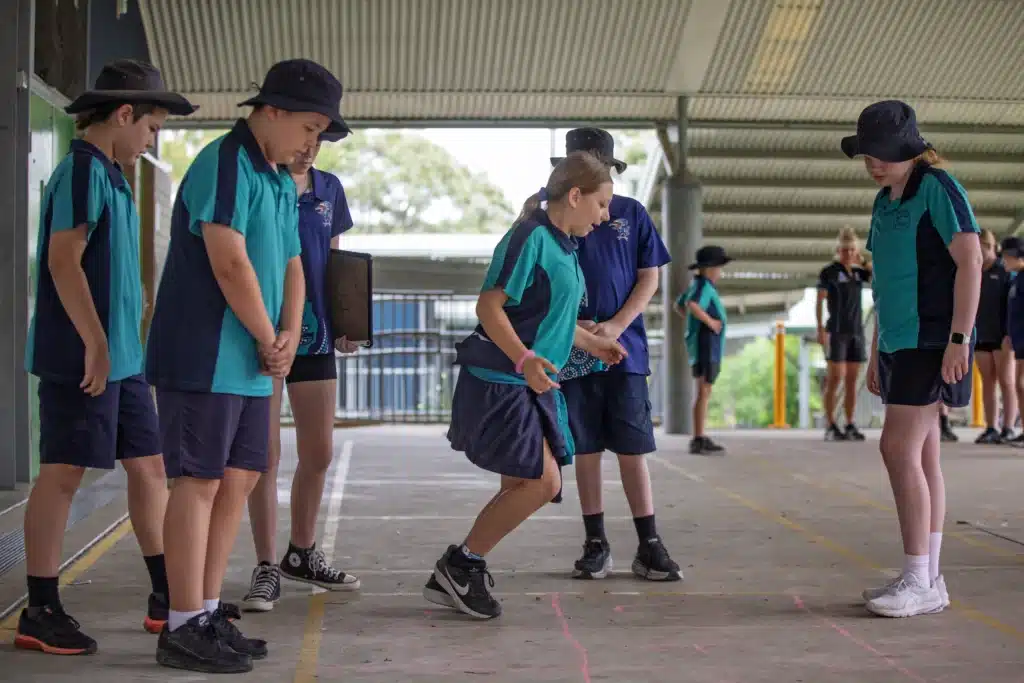
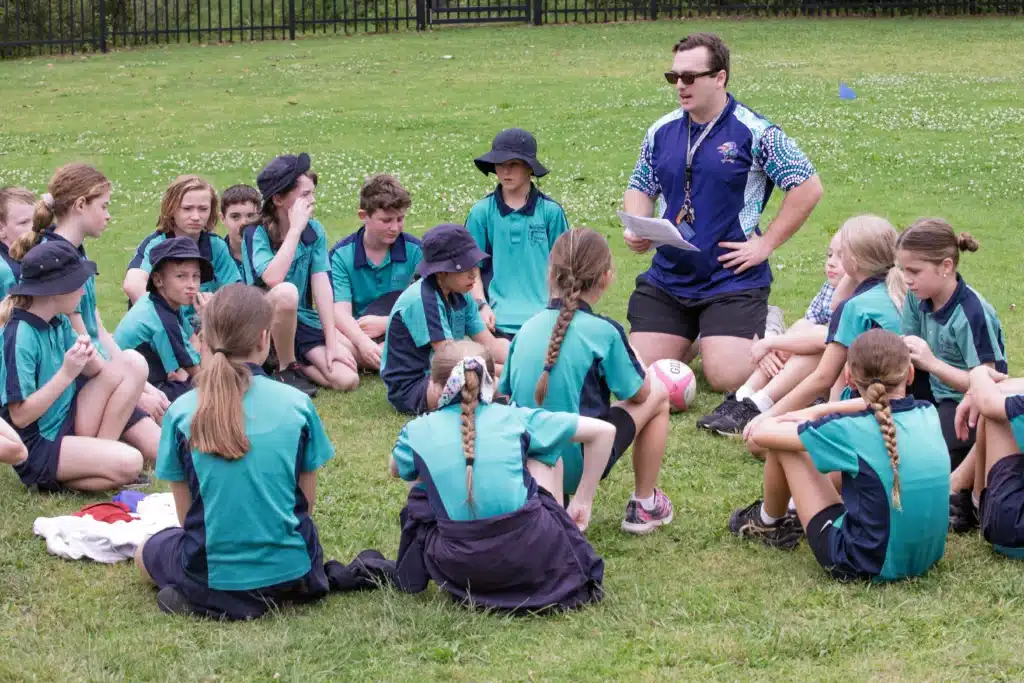
The Impact
The initial EMU trial, which involved 86 students participating in 16 EMU lessons across eight weeks, saw significant improvements in students’ cardiorespiratory fitness, physical self-perceptions, enjoyment of sport and academic achievement.
With funding from Port Waratah Coal Services, the EMU program has been implemented in 10 schools across the Worimi and Awabakal regions. This has seen 20 teachers and come through the professional learning course and around 500 Stage 3 students.
“Definitely the resilience of the students involved, I think it’s improved a lot. And just their core skills – their kicking, catching, passing and their communication skills and their teamwork.”
– Lachlan Fuller, Mount Hutton Public School teacher
Looking Ahead
Associate Professor Narelle Eather says the goal is to attract enough funding so the program can be implemented in more schools who can tailor it to the needs of their own community.
“To draw on the stories, the traditions, and really bring that to the program,” Narelle says.
“Each area of Australia have their own traditions and they are all important. We hope that children engage with the cultural education aspects of the program and really take away an understanding and appreciation of Aboriginal culture.”
“And that it lives on in the school way past the EMU program.”
